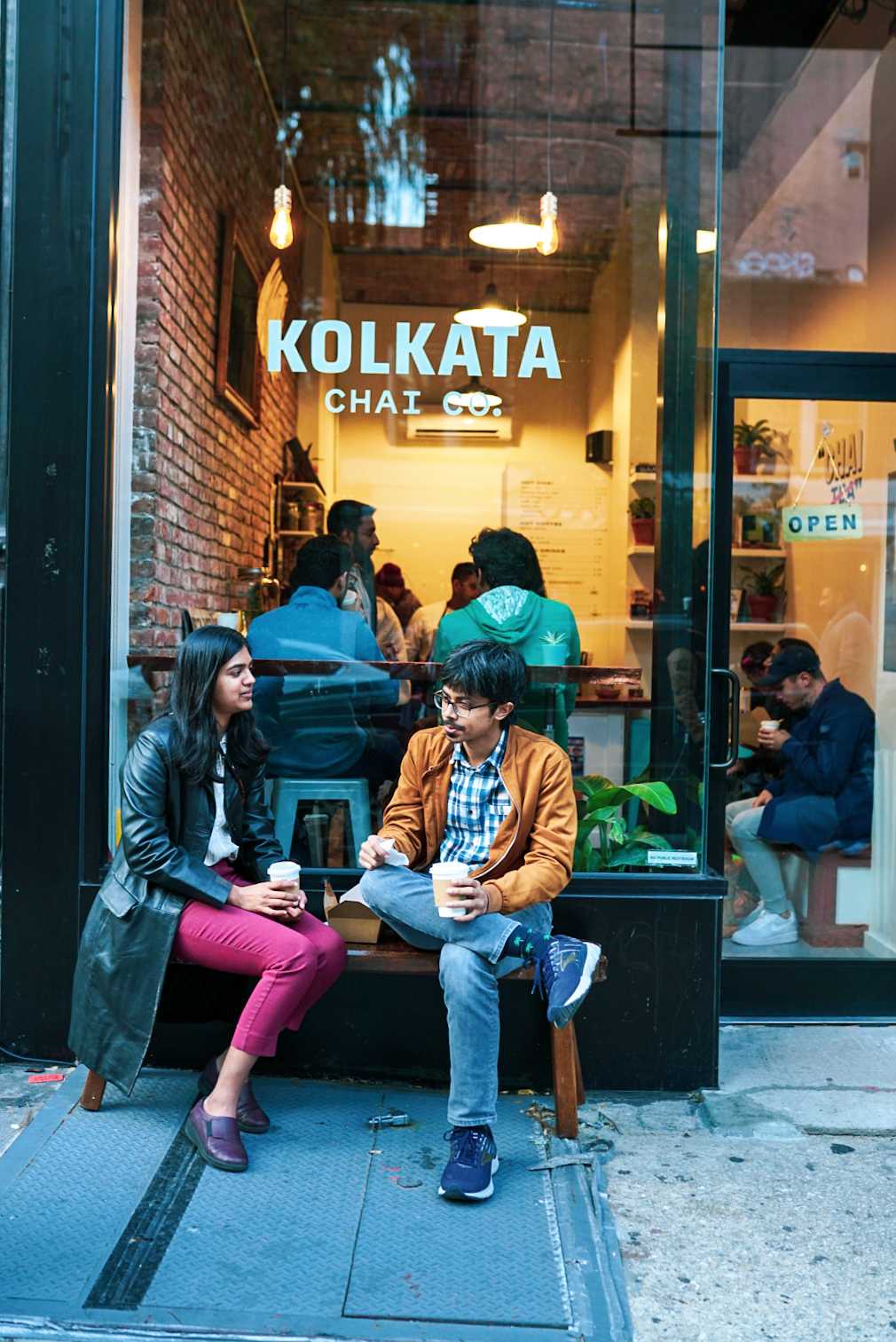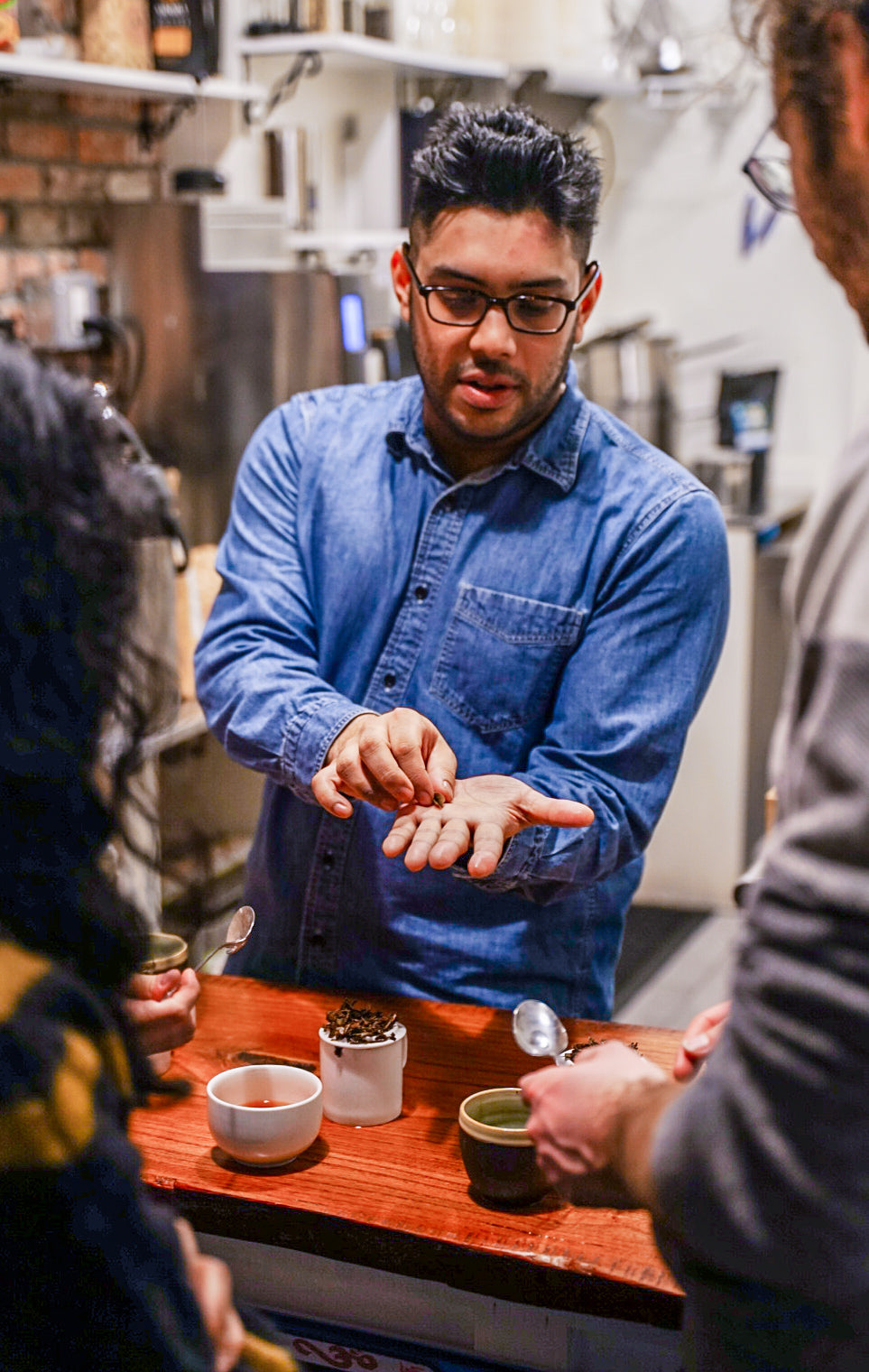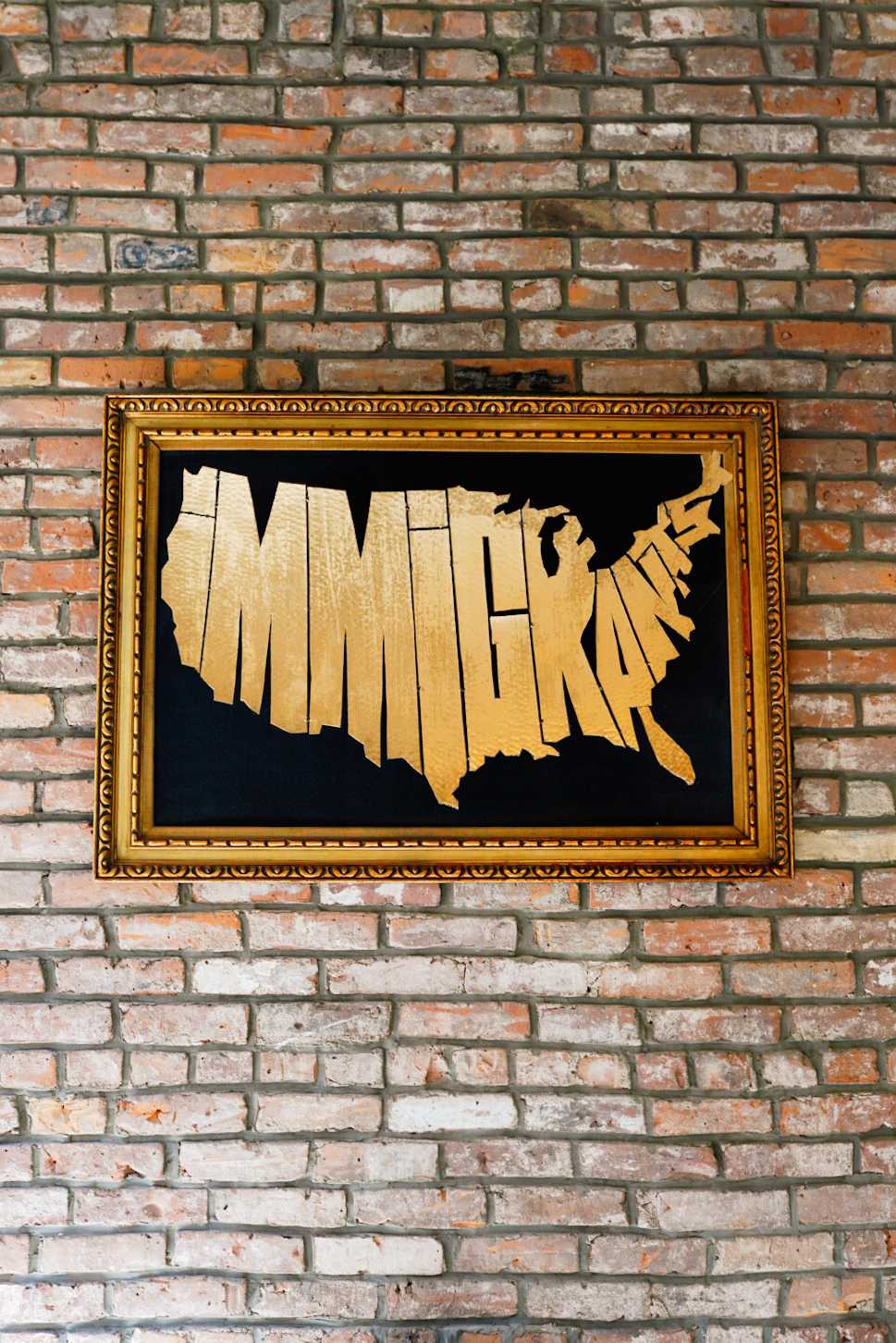The short answer to a complicated question is yes our tea is organic, fair trade and UTZ (sustainable farming) certified.
But in complete honesty and radical transparency, the world of tea and spices in India and across the world is an inherently inequitable commodity economy that is filled with rampant monocultures, harmful pesticide, fertilizer use and exploitative labor practices.
Many of these practices are results of a toxic history of colonization coupled with hyper-industrialization movement that transformed many of the world’s agricultural practices during the Green Revolution of the 1960’s and 70’s. In today's "conscious consumer" culture, companies are quick to label their products as “Rainforest Alliance Certified” or “Fair Trade” to quell a customer’s fear or guilt. Rarely do we question what these certifications mean or how they’re determine, but it makes us feel better about purchasing, so we continue to.
What I’ve learned through my travels and research is that unless the company you’re patronizing has direct relationship to their tea/spice/coffee/cocoa farmer, it’s extremely hard to fully ensure that the crop is harvested in a way that respect labor practices and ecology.
While we do our best to source from wholesale partners who believe in sustainability and equitable wages, there is a lot of room for us to do better when it comes to sourcing.
Our black tea is a Assamese tea variation that is processed in the CTC (Cut,Tear, Curl) method. CTC tea is known for its strong, tannin flavor and ability to cut through milk. It’s what all the chaiwallahs in India use. Currently sourced from the Bhubrighat Estate, in Assam, India. This estate is certified bio-organic, Fair Trade and UTZ certified.
There's a reason why we don't advertise this more: I have not visited this particular garden myself and these certifications are notorious for being manipulated to curtail to socially conscious buyers. A lot of the time, the actual places do not live up to the certification. I think it's important to understand that even if they are true to a social justice mission, tea plantation work anywhere is hard labor, tough hours, not great pay and a legacy job that honestly, a lot of families don't find lucrative anymore.
So yes in short -- but I would encourage you to be skeptical about all organic // fair trade claims -- as they are much harder to enforce and regulate internationally.
While we aim to do our best at Kolkata Chai, we also recognize the need to build direct relationships and verify claims with our eyes before promoting them to our audience.
Thanks for coming to my TED Talk.







